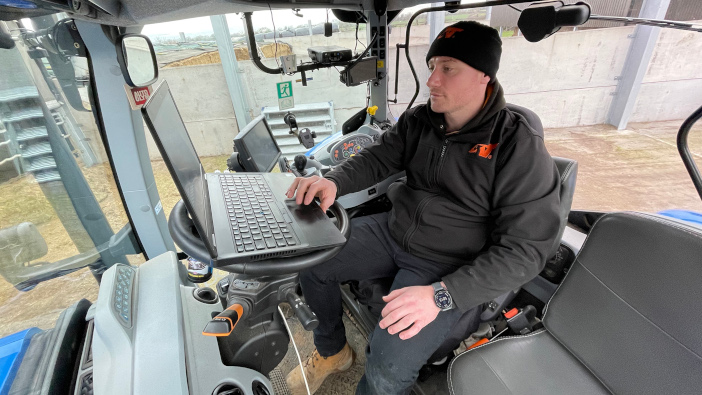Engine remapping is a common way for operators to increase tractor power, but Gareth Jones, director at Avon Tuning, is advising that owners should be aware of the potential pitfalls and consequences that could occur if a tractor’s health isn’t considered.
Long lead times for new machinery, as well as the high purchase price and trade-in costs, have forced farmers to consider upgrades more carefully and increasing the power of existing machinery is seen as a cost-effective option.
Professional remapping edits the engine ECU at the source, within the parameters of the tractor can tailor the power to the application. Mr Jones advises that testing tractors on a dynamometer before deciding on power increases, will offer clear information about the condition of the tractor.
“Exerting varying loads on the engine will highlight if there are any concerns about how the tractor is operating. We would never advise installing a remap on a tractor that isn’t mechanically sound, as the consequences in doing so could be detrimental.
“If you are being recommended that your tractor, sprayer, forager or combine can have an increase in power way beyond its current level, you should be questioning how safe this is. Power increases might seem like a cheap way to boost output, but they must be done professionally so that reliability and machine health isn’t compromised.”
Avon Tuning operates a trained network of agents installing remaps and installs Dimsport dynamometers to provide accurate tests on machinery. Mr Jones adds that being advised by an agent on safe power increases will retain reliability following the remap.
“Our Dimsport dyno tests allow us to fully understand the health of a machine and what impact any power increases may have. A lot of our initial work is advice and making sure the customer is aware of the safe increases open to them.”


